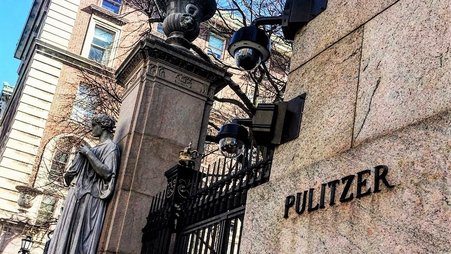
Florida Gov. Ron DeSantis
FOR IMMEDIATE RELEASE: A Florida representative filed legislation today aimed at scaling back protections against public figures weaponizing the courts against their critics.
The bill echoes talking points discussed by Gov. Ron DeSantis and his guests during a roundtable discussion on defamation law earlier this month. Freedom of the Press Foundation (FPF) responded to that anti-press display in the Tampa Bay Times last week.
The bill would help powerful litigants evade the protections established by the landmark 1964 Supreme Court case New York Times Co. v. Sullivan which, along with subsequent cases, required public figures to prove “actual malice” in suits for defamation. It would stifle investigative reporting by presuming statements attributed to anonymous sources to be false.
It would also allow prevailing defamation plaintiffs to recover their attorneys’ fees, a rare exception to the “American rule” that litigants bear their own costs. The bill resembles a proposal DeSantis’ office considered, but ultimately did not introduce, last year.
A statement by Seth Stern, director of advocacy for Freedom of the Press Foundation (FPF) and a First Amendment lawyer, is below:
Gov. DeSantis continues to make clear his disdain for freedom of speech and the press and to prioritize censoring dissent over governing. This bill would do nothing for ordinary Floridians but would allow government officials and celebrities to harass and even bankrupt their critics with expensive litigation. It would stifle investigative reporting by presuming any statements attributed to anonymous sources to be false despite that (or, given DeSantis’ ambitions, maybe because) confidential sources have literally brought down presidents in this country.
The Florida legislature should reject this political stunt and Floridians should not tolerate their governor’s experiments in authoritarianism in their name and at their expense. The U.S. Congress should safeguard the First Amendment by codifying Sullivan and ensuring that the press and public are protected from politically-motivated defamation lawsuits.




